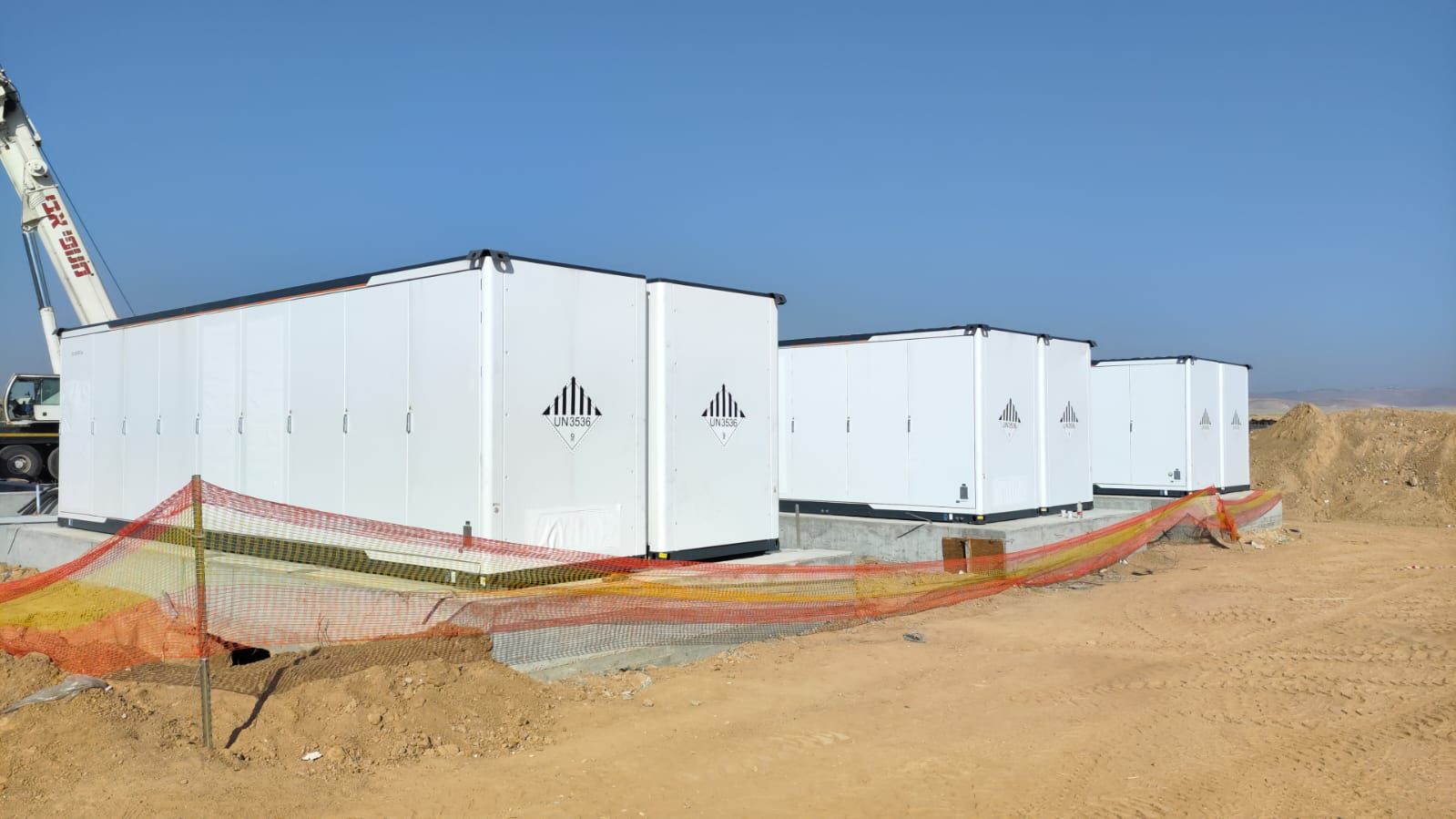
Inquiry
UK Government Prepares New System for Storing Electricity Over Long Durations
The Department for Energy Security and Net Zero (DESNZ) in the UK is seeking insights from stakeholders on the development of a "cap and floor mechanism" for Long Duration Electricity Storage (LDES) systems. According to a paper in the Journal of Energy Storage, LDES systems, though not precisely defined, are essentially large-scale batteries that can store energy for several hours to months.
The "cap and floor" approach, as explained by Ofgem, the UK's energy regulator, is a regulated model primarily used for electricity interconnector projects. This market-based strategy aims to encourage developers by reducing the risk associated with electricity market price fluctuations.
DESNZ plans to use the feedback from this consultation to create a policy framework that facilitates investment in LDES. The focus will be on setting eligibility criteria, designing the cap and floor mechanism, and determining the best ways to implement the scheme.
The REA, a non-profit organization, has expressed strong support for this consultation. They see it as a clear indication of the government's intention to address investment challenges in LDES. The organization regards this as a significant victory, having advocated for this mechanism for over two years.
REA’s Director of Policy, Frank Gordon, emphasized the importance of developing these energy storage systems. He believes they are crucial for a smooth and cost-effective transition to a Net Zero energy system, a goal the organization has been striving for.
In 2021, the REA highlighted in a report that the existing LDES merchant model posed a substantial hindrance to the development of large-scale, longer-duration energy storage projects. They have been urging the government through Ofgem to establish a stable income mechanism to lower the investment risks in these projects.
This consultation is open until March 5, 2024.
In related news, the UK government recently identified five major obstacles that prevent owners of heritage properties from installing energy-efficient technologies in their homes and buildings.
For more relevant information, subscribe to ACE Battery.
Our expert will reach you out if you have any questions!

